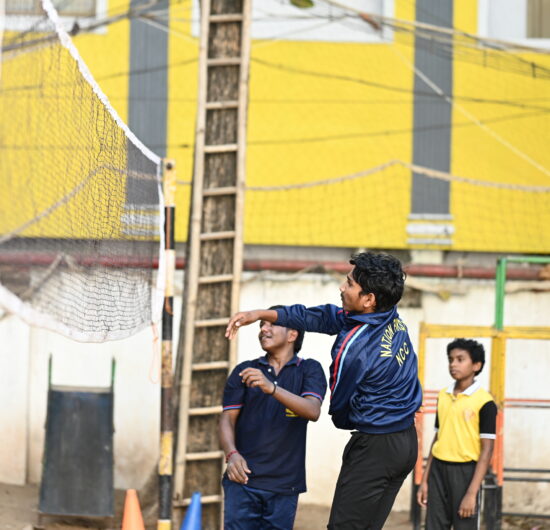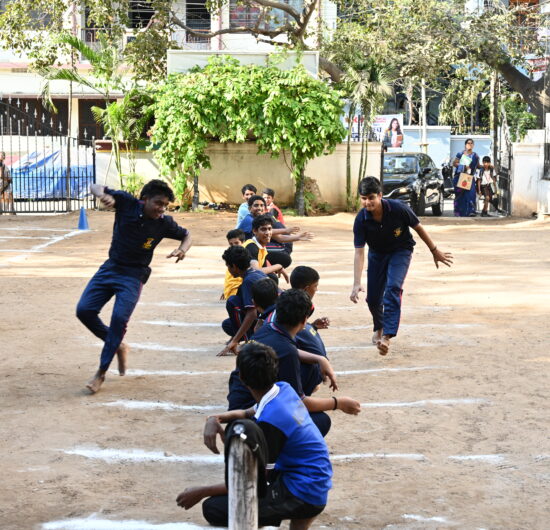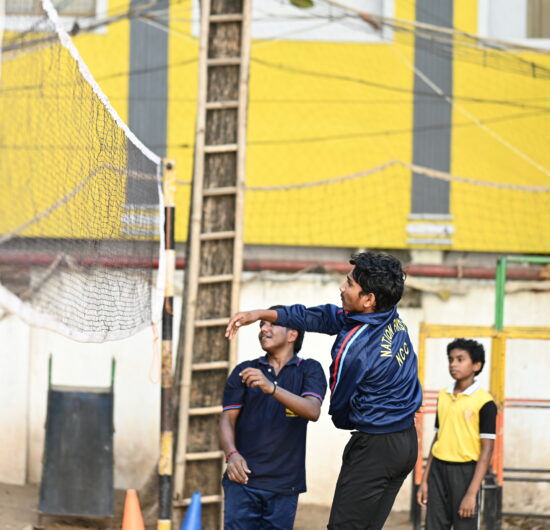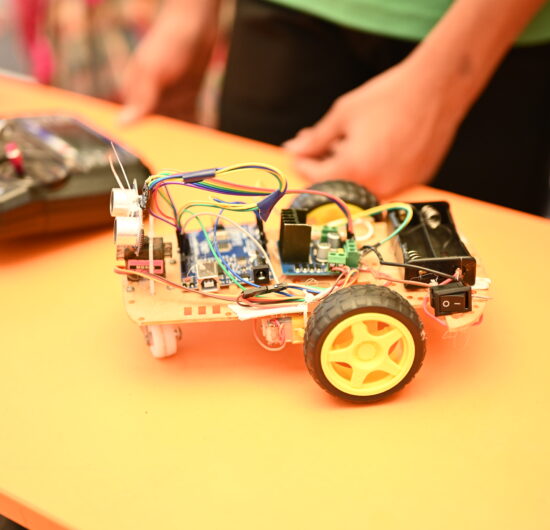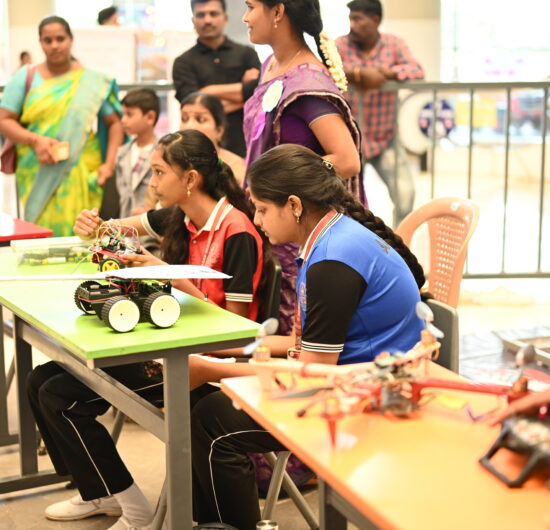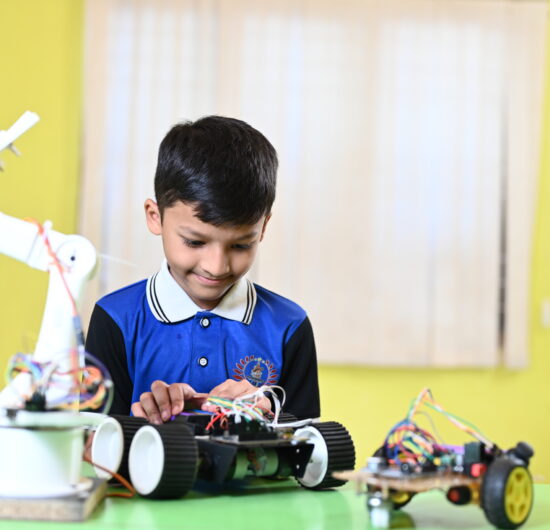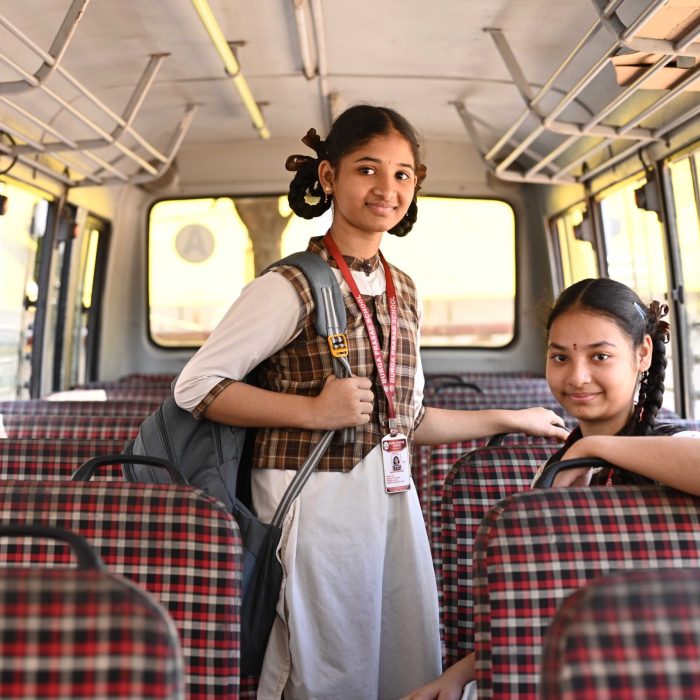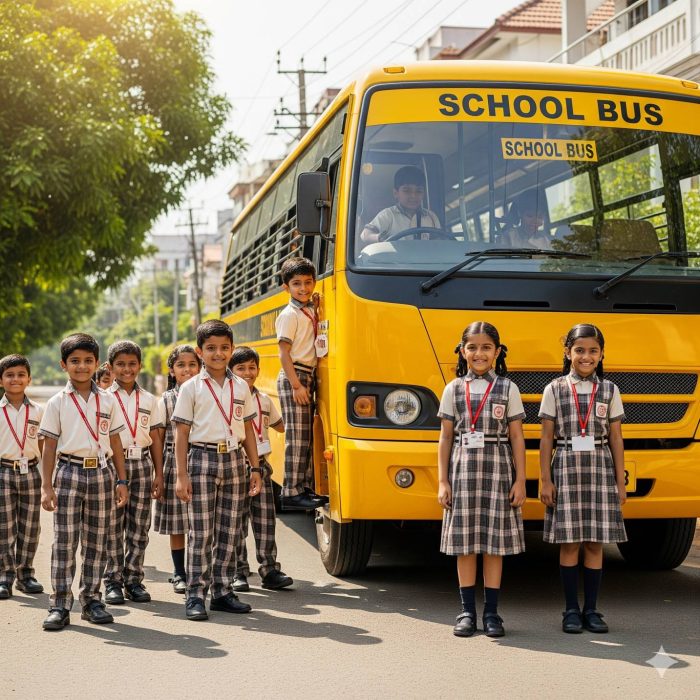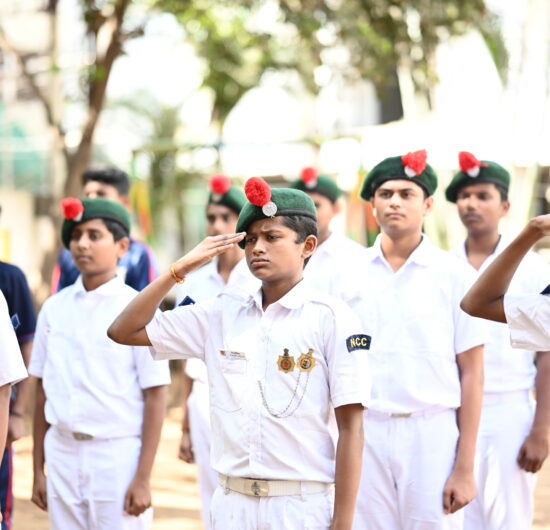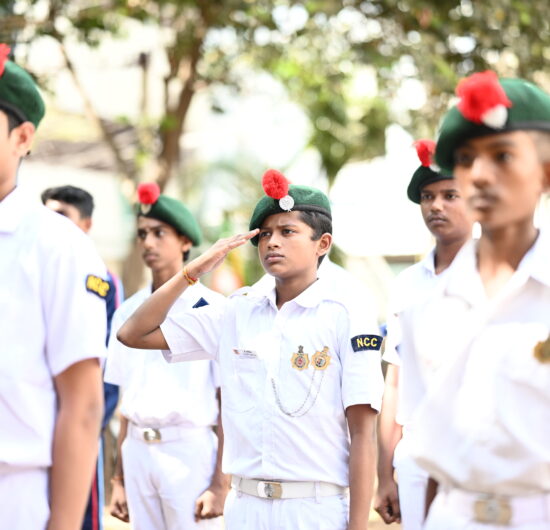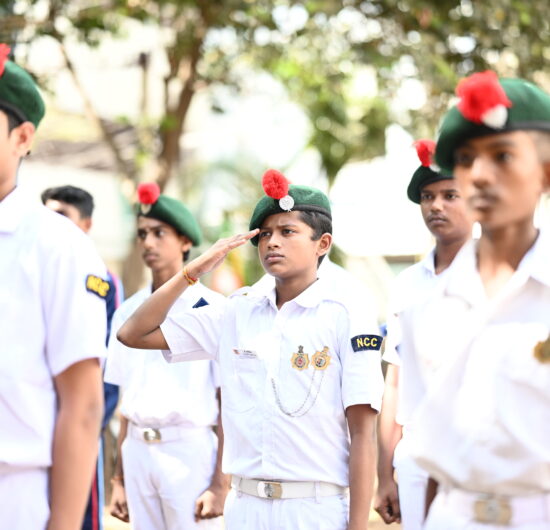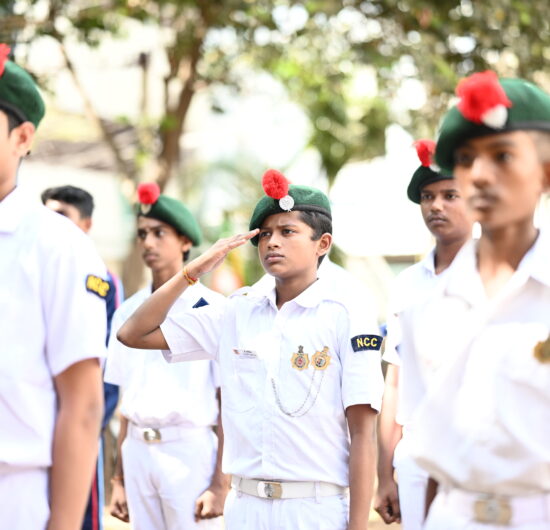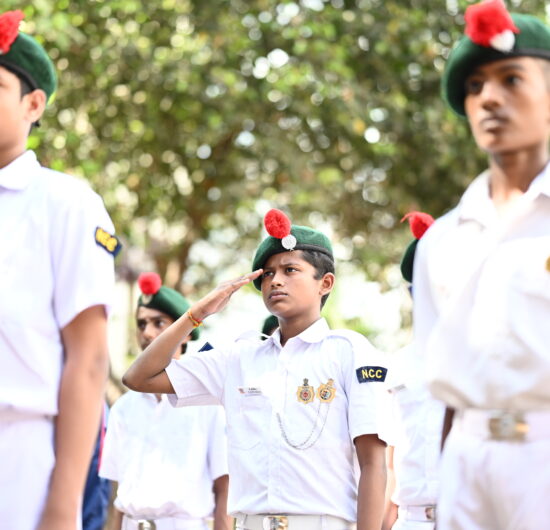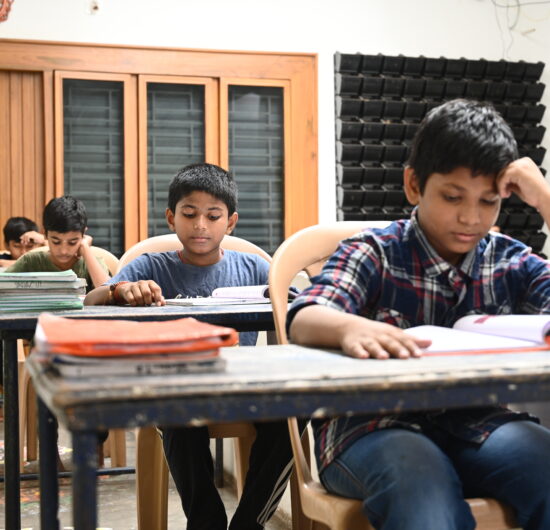

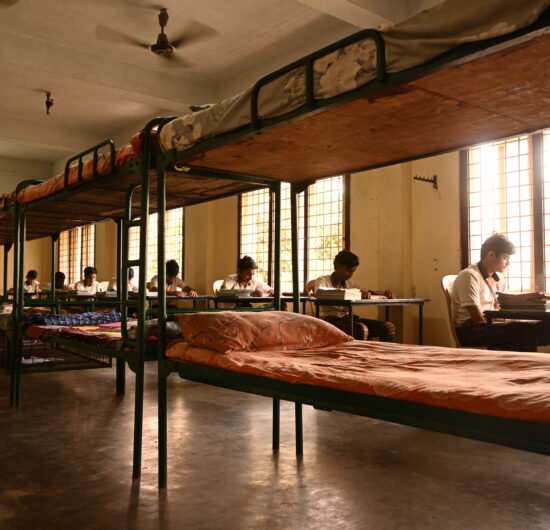
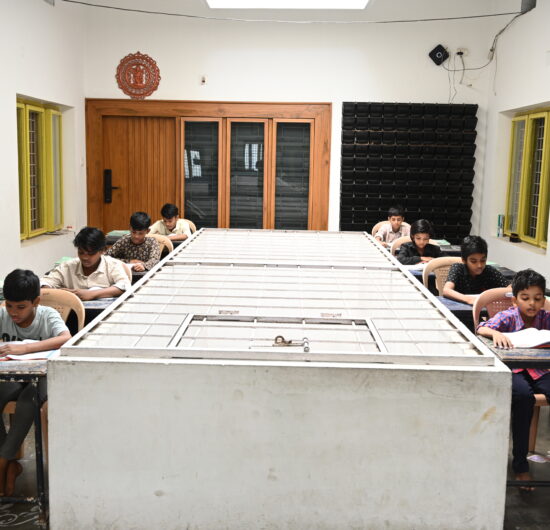
The school hostel is designed to provide students with a safe, nurturing, and comfortable living environment. It is more than just a place to stay – it is a community where young minds learn responsibility, discipline, and independence while feeling the warmth of home.
Our hostel combines modern facilities with a caring atmosphere, ensuring that every child receives the right balance of academics, recreation, and rest. With dedicated wardens, nutritious meals, and round-the-clock security, we create a space where students can grow confidently, stay healthy, and focus on their studies.
Safe & Secure Environment – 24/7 CCTV surveillance, warden supervision, and secure premises.
Comfortable Living – Spacious, well-ventilated dormitories with proper lighting and clean surroundings.
Nutritious Dining – Hygienically prepared, balanced meals catering to growing children’s needs.
Academic Support – Evening study hours and guidance from faculty and mentors.
Recreational Facilities – Indoor and outdoor games, reading spaces, and cultural activities for all-round development.
Medical Care – Regular health check-ups and immediate medical support in case of emergencies.
Value-based Living – Discipline, cooperation, and community living instilled in daily routine.








